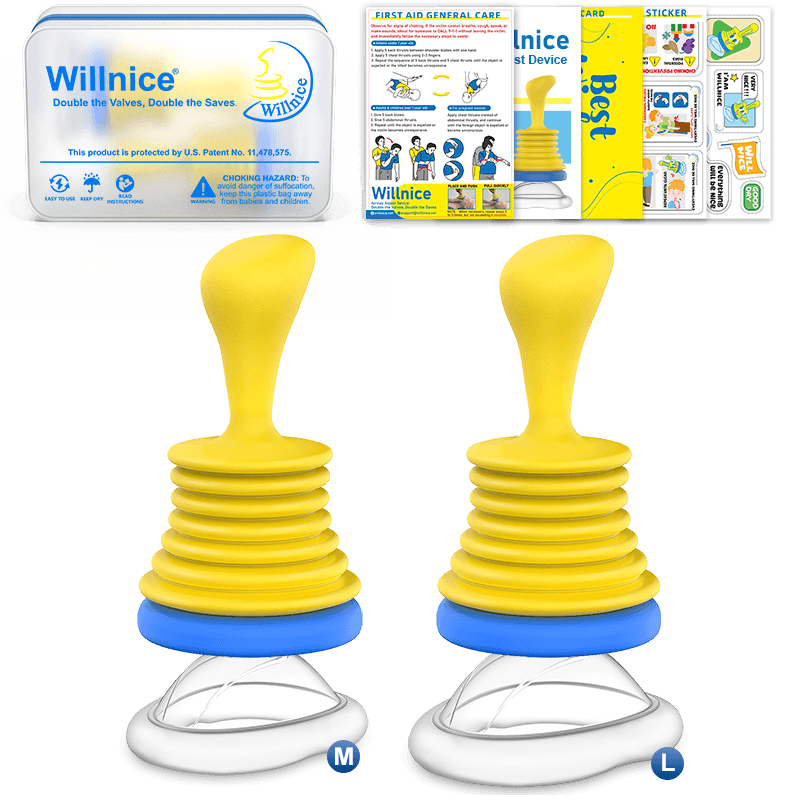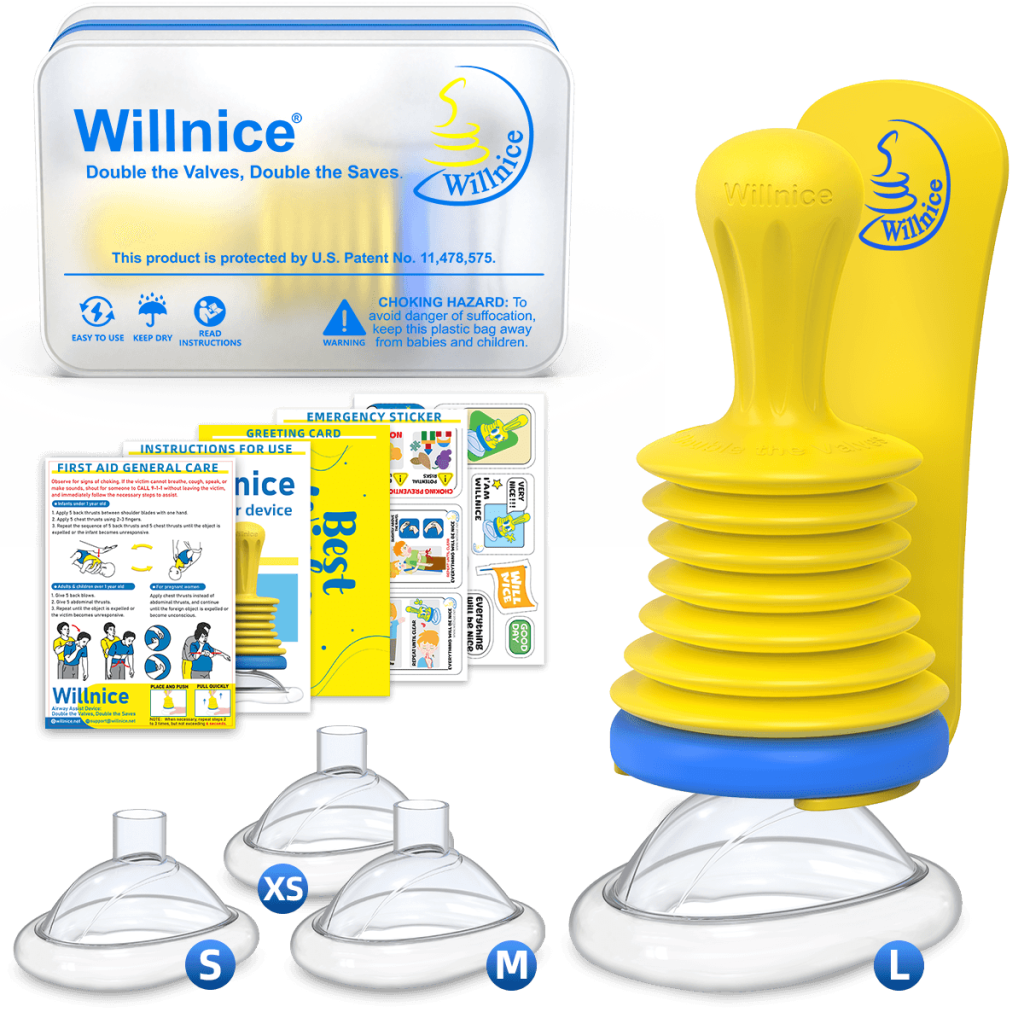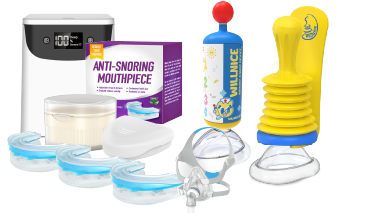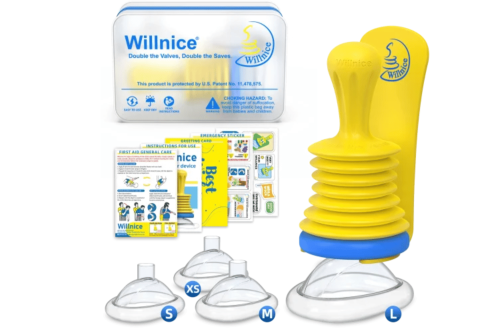
What Food Poisoning Symptoms Should I Watch For?
The symptoms of food poisoning vary depending on the type of contaminant and the individual’s response. Once ingested, harmful bacteria, viruses, or toxins can disrupt the digestive system, leading to a range of symptoms. Some of the early and advanced food poisoning symptoms are discussed as follows:
Nausea and Vomiting
Nausea is often one of the first signs of food poisoning. It may occur shortly after consuming contaminated food and is commonly accompanied by vomiting. The body’s natural response to rid itself of harmful substances can result in persistent retching or repeated episodes of vomiting.
Diarrhea
Diarrhea is another hallmark symptom of food poisoning. It occurs when the digestive system reacts to harmful pathogens, leading to frequent, watery bowel movements. This can lead to dehydration if fluid loss is not adequately replaced, making it essential to stay hydrated.
Abdominal Pain and Cramps
Food poisoning can cause intense abdominal discomfort or cramping. This happens as the stomach muscles and intestines contract while trying to expel the harmful contaminants. Pain or cramps are often localized in the stomach or lower abdomen.
Fever
A mild-to-high fever may develop as the body’s immune system responds to harmful bacteria or viruses. Fever is a sign that the body is trying to fight off an infection caused by the ingested pathogen. This symptom tends to vary depending on the severity of the food poisoning.
Fatigue and Weakness
Food poisoning can leave individuals feeling unusually tired or weak. This is due to the body diverting energy to combat the infection while also dealing with dehydration, nutrient loss, or physical strain from vomiting and diarrhea.
Blood in Stool
In severe cases of food poisoning, blood may appear in the stool. This could indicate damage to the intestinal lining or a severe bacterial infection, such as E. coli. The presence of blood in the stool warrants immediate medical attention.
Dehydration
With persistent vomiting and diarrhea, dehydration becomes a critical concern. Symptoms of dehydration may include dry mouth, excessive thirst, dark urine, or decreased urination frequency. Severe dehydration requires urgent medical care to restore fluid levels.
Muscle Aches and Chills
Some individuals experience generalized muscle aches, body soreness, or chills as part of the body’s systemic response to foodborne illness. These symptoms often accompany fever and can make the body feel unwell overall.
Confusion (in Severe Cases)
Severe cases of food poisoning, particularly those causing extreme dehydration or affecting the nervous system, may result in confusion or disorientation. This is more common in vulnerable populations such as young children, the elderly, or individuals with compromised immune systems.
If you notice any of these symptoms after eating, especially if they persist or worsen, seek medical advice. Early intervention can ensure proper treatment and prevent complications.
6 Common Causes of Food Poisoning
Food poisoning can occur for various reasons, often due to improper food handling or storage. The best way to minimize the risk is to identify its typical causes and take appropriate preventive measures. Some of the most common causes of food poisoning are discussed as follows:
Contaminated Water
Using contaminated water for washing or cooking food is a significant cause of food poisoning. Pathogens such as bacteria, viruses, or parasites can thrive in untreated water sources. It is crucial to use clean, potable water for all food preparation tasks to avoid contamination.
Undercooked Food
Consuming undercooked meat, poultry, or seafood poses a high risk of foodborne illnesses. Harmful bacteria like Salmonella or E. coli are often present in raw or undercooked products. It’s essential to cook food to the recommended internal temperatures to effectively kill any pathogens.
Poor Food Storage
Improper food storage, such as failing to refrigerate perishable items promptly, allows harmful bacteria to multiply. Foods such as dairy products, eggs, and meat should be stored at the correct temperatures to ensure safety. Following storage guidelines is a crucial step in preventing contamination.
Cross-Contamination
Cross-contamination happens when harmful bacteria spread from one food product to another. For example, using the same cutting board for raw meat and fresh vegetables without cleaning it in between can transfer microbes. Practicing good hygiene and regularly cleaning surfaces can help prevent this issue.
Expired Foods
Consuming food past its expiration date increases the risk of food poisoning. Spoiled food often harbors bacteria or molds that can cause serious illnesses. Checking expiration dates and disposing of expired products is a vital habit for preventing foodborne issues.
Improper Handling
Food handled by individuals who don't practice proper hygiene can become contaminated. Unwashed hands or unclean utensils used during preparation are common culprits. Regular handwashing and following food safety protocols ensure that food is safe to consume.
How Can You Prevent Food Poisoning?
Preventing food poisoning requires proper food handling and hygiene practices. When food is contaminated with harmful bacteria, viruses, or toxins, it can lead to severe health issues. To reduce your risk of foodborne illnesses, follow these essential steps:
Store Food Properly
Proper storage is crucial to keep food safe. Refrigerate perishable items promptly and maintain your refrigerator at or below 40°F (4°C). Store raw meat, poultry, and seafood in sealed containers on the bottom shelf to prevent their juices from contaminating other foods. Additionally, avoid overfilling your fridge, as adequate airflow is necessary to keep food fresh.
Cook Food to Safe Temperatures
Cooking food thoroughly kills harmful bacteria that may be present. Use a food thermometer to ensure that meat has reached the correct internal temperature—165°F (74°C) for poultry, 145°F (63°C) for whole cuts of beef, and 160°F (71°C) for ground meat. Reheat leftovers to an internal temperature of 165°F (74°C) to ensure safety.
Practice Good Hygiene
Proper hygiene is essential when handling food. Wash your hands with soap and water for at least 20 seconds before and after touching food, especially raw meat or eggs. Clean kitchen surfaces, cutting boards, and utensils with hot, soapy water before and after use. Avoid cross-contamination by using separate utensils and boards for raw and cooked foods.
Be Cautious with Raw Foods
Raw foods such as sushi, undercooked meat, or unpasteurized dairy products can harbor harmful pathogens. If you consume these items, ensure they come from reputable sources that follow stringent safety standards. Pregnant women, older adults, and individuals with weakened immune systems should avoid high-risk raw foods.
Check Expiration Dates
Always check the expiration dates on food packaging and dispose of expired products. Even if food looks or smells fine, consuming expired items increases the risk of foodborne illnesses. Rotate pantry items regularly to ensure you use older products first, minimizing waste and the risk of spoilage.
By following these preventive measures, you can significantly reduce your risk of food poisoning and ensure your meals are safe and healthy to consume.
What to Do in Case of Food Poisoning
Food poisoning can be a distressing experience, but knowing how to respond can help alleviate symptoms and prevent further complications. Follow these steps if you suspect food poisoning:
Stop Consuming Suspected Food
As soon as you suspect food poisoning, halt consumption of the food you believe caused it. Safely discard any remaining portions of the suspect food to avoid further exposure. If possible, retain a small sample for laboratory testing, should it be necessary to confirm the source.
Stay Hydrated
The most critical step is to stay hydrated. Food poisoning often leads to dehydration due to vomiting and diarrhea. Sip on water, oral rehydration solutions, or clear broths to replenish lost fluids and electrolytes. Avoid caffeinated or sugary drinks, as they may worsen symptoms.
Monitor Symptoms
Keep track of any symptoms you experience, such as nausea, cramps, fever, or diarrhea. If symptoms persist for more than 24 hours, or if you experience bloody stool, intense abdominal pain, or persistent vomiting, seek medical attention immediately.
Call for Medical Help
If symptoms are severe or you believe the contamination is from a high-risk source, such as raw seafood or undercooked meat, contact your healthcare provider. Be prepared to give a detailed account of what you ate and when symptoms began.
Seek Medical Treatment
Doctors may recommend medications to alleviate nausea, cramps, or diarrhea, depending on the severity of your condition. If dehydration is severe, intravenous fluids may be administered. Antibiotics may be prescribed for bacterial food poisoning, while antiviral medication may be used to treat certain viral infections.
Prevent Future Incidents
After recovering, take steps to prevent future food poisoning. Practice safe food handling, including washing hands and utensils, cooking foods to safe internal temperatures, and properly storing perishables. Regularly disinfect kitchen surfaces to minimize contamination risks.
By following these steps, you can manage food poisoning effectively and prioritize your health and well-being.
What Are the Long-Term Effects of Food Poisoning?
While most cases of food poisoning resolve within a few days, severe or untreated cases can lead to long-term complications that impact both physical and mental health. Below are some potential long-term effects of food poisoning:
Kidney Damage
Certain bacteria that cause food poisoning, such as E. coli, can lead to a serious complication called hemolytic uremic syndrome (HUS). This condition damages the kidneys and can result in long-term kidney problems or even kidney failure. Individuals may require ongoing treatment such as dialysis or, in severe cases, a kidney transplant. Young children and older adults are particularly at risk for this complication.
Irritable Bowel Syndrome (IBS)
For some, food poisoning may trigger irritable bowel syndrome, a condition that causes chronic abdominal pain, bloating, and changes in bowel habits. This is believed to develop as a result of inflammation in the gut lining caused by the infection. Post-infectious IBS may persist for months or years, significantly affecting daily life and requiring dietary modifications or medication.
Reactive Arthritis
Certain types of food poisoning, such as those caused by Salmonella, Campylobacter, or Shigella, can lead to reactive arthritis. This condition results in joint pain, swelling, and stiffness that may last for months or become chronic. The immune system’s response to the bacterial infection is believed to be the cause, and it can make routine activities more challenging for affected individuals.
Nervous System Disorders
Severe food poisoning may lead to damage to the nervous system. For instance, Guillain-Barré Syndrome (GBS) is a rare but serious condition linked to Campylobacter infections. GBS can cause muscle weakness, tingling, or even paralysis, with recovery often taking months. Long-term effects can include chronic weakness or mobility issues.
Developmental Issues
For pregnant women, food poisoning can have severe consequences for the unborn baby. Listeria infections, in particular, pose a significant risk, leading to miscarriage, stillbirth, or developmental delays. Early treatment is crucial to minimize harm and protect both the mother and the baby.
Nutritional Deficiencies
Chronic or recurrent foodborne illnesses may lead to poor nutrient absorption, particularly in individuals with preexisting conditions such as Crohn’s disease or celiac disease. This can lead to deficiencies in essential vitamins and minerals, weakening the immune system and overall health over time.
Proactive measures, early diagnosis, and treatment are crucial to reducing the risk or severity of these long-term effects. If symptoms persist or worsen, seeking medical attention promptly can help mitigate further complications.
Stay Safe and Prevent Food Poisoning!
Food poisoning is a preventable condition that can be effectively managed with the right knowledge and precautions. By practicing proper food hygiene, cooking foods to the correct temperatures, storing perishables safely, and avoiding cross-contamination, you can reduce the risks of foodborne illnesses for yourself and your family.
Additionally, recognizing the symptoms of food poisoning early and responding promptly can help mitigate its severity. Understanding its common causes, such as undercooked meat or contaminated produce, helps you minimize exposure to harmful bacteria and toxins.
Stay informed by learning proper food-handling techniques and keeping up to date with food safety guidelines. If symptoms persist or worsen, do not hesitate to seek medical attention. With thoughtful vigilance, you can create a safer and healthier environment for everyone.
FAQs
How long does food poisoning last?
Most cases resolve within 1-3 days, but severe cases may take longer. Recovery time can vary depending on the individual and the type of contaminant involved.
What should I eat after food poisoning?
Start with bland foods like rice, bananas, and toast to ease digestion. Avoid spicy, fatty, or heavily seasoned foods until you feel fully recovered.
When should I see a doctor for food poisoning?
Seek medical attention if symptoms persist for more than 48 hours or if you experience severe dehydration, high fever, or bloody diarrhea. Timely intervention is crucial for managing serious complications.
Can food poisoning be fatal?
In rare cases, severe food poisoning can lead to life-threatening complications. This is particularly true for vulnerable populations like young children, the elderly, or individuals with weakened immune systems.















 Login with Google
Login with Google Login with Facebook
Login with Facebook